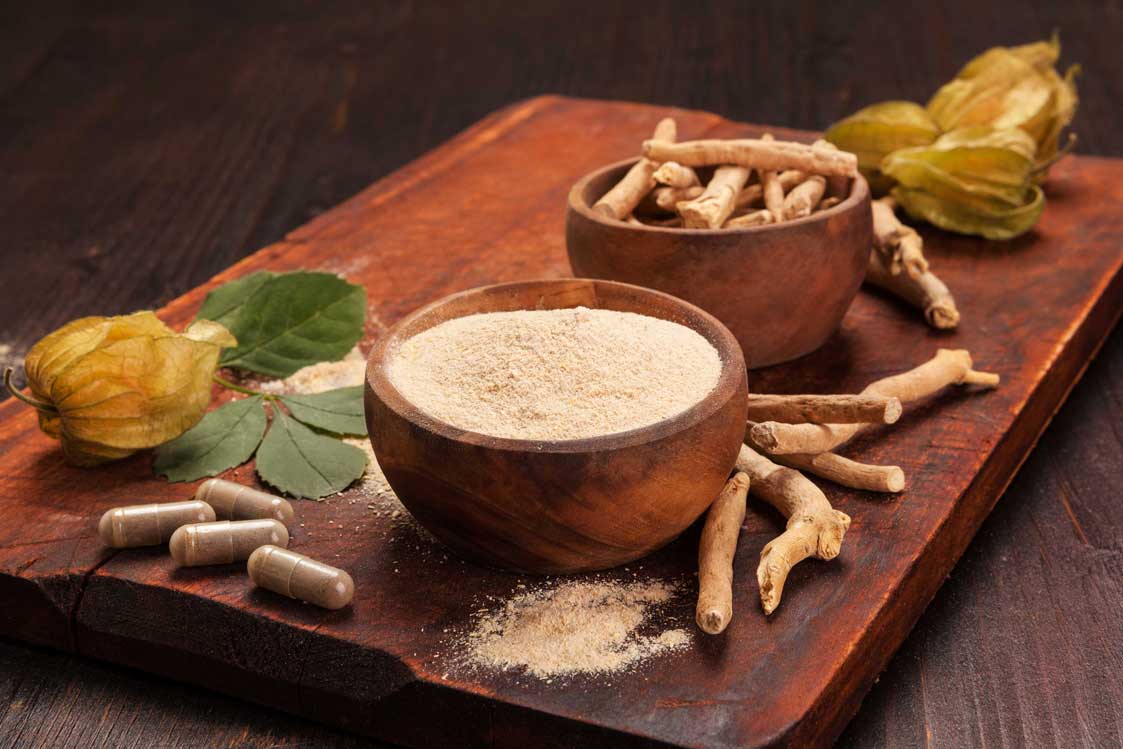
Managing diabetes requires careful attention to diet, especially when it comes to sugar consumption. High sugar intake can cause spikes in blood glucose levels, making it difficult to maintain stable health. Thankfully, there are several sugar substitutes for diabetes that allow you to enjoy sweetness without the harmful effects of regular sugar. These alternatives can be used in coffee, desserts, and cooking while keeping blood sugar in check.
Why Choose Sugar Substitutes?
Sugar substitutes are sweet-tasting compounds that provide sweetness with little or no calories. For people with diabetes, these alternatives can help reduce blood glucose spikes and calorie intake. Some substitutes are naturally derived from plants, while others are lab-created but considered safe by food authorities. When chosen wisely, they can help maintain a balanced diet without sacrificing taste.
Natural Sugar Substitutes for Diabetes
Natural sweeteners are extracted from plants and provide a healthier alternative to refined sugar. They generally have a low glycemic index (GI), meaning they don’t raise blood sugar levels significantly.
- Stevia — Derived from the leaves of the *Stevia rebaudiana* plant, stevia is one of the most popular natural sugar substitutes. It’s calorie-free and up to 300 times sweeter than sugar. Studies suggest that stevia may even help lower blood pressure and blood glucose levels.
- Monk Fruit — Extracted from monk fruit, this sweetener contains natural compounds called mogrosides that provide sweetness without calories. Monk fruit does not raise blood sugar levels and is ideal for diabetics looking for a zero-calorie alternative.
- Erythritol — A sugar alcohol found in some fruits, erythritol has about 70% of sugar’s sweetness but almost no calories. It passes through the body without affecting blood sugar or insulin levels, making it a top choice for baking and beverages.
- Xylitol — Another sugar alcohol with a low glycemic index, xylitol looks and tastes similar to sugar but contains fewer calories. It’s also beneficial for dental health, but should be used in moderation as it can cause digestive discomfort for some people.
- Yacon Syrup — Made from the roots of the yacon plant, this syrup contains fructooligosaccharides that act as prebiotics and support gut health. It’s mildly sweet and suitable for diabetics when used sparingly.
Artificial Sugar Substitutes
Artificial sweeteners are synthetically made but are FDA-approved for use in foods and beverages. They provide intense sweetness without calories and are widely used in diet sodas and sugar-free snacks.
- Sucralose (Splenda) — Sucralose is 600 times sweeter than sugar and heat-stable, making it perfect for baking. It passes through the body undigested, meaning it has no impact on blood sugar.
- Aspartame — Commonly found in diet sodas, aspartame is a low-calorie sweetener that is safe for most people with diabetes. However, it should be avoided by individuals with phenylketonuria (PKU).
- Saccharin — One of the oldest artificial sweeteners, saccharin is calorie-free and suitable for cooking and baking. Modern studies confirm its safety when consumed within acceptable daily limits.
How to Choose the Right Sugar Substitute
The ideal sugar substitute depends on your preferences, taste, and intended use. For example, stevia and monk fruit are excellent for beverages, while erythritol and sucralose perform well in baking. Always read product labels to ensure no hidden carbohydrates or additives are present.
Additional Resources
- American Diabetes Association – Eat Well Guide
- Healthline – Best Sugar Substitutes
- Medical News Today – Sweeteners for Diabetics
- FDA – Approved High-Intensity Sweeteners
Final Thoughts
Choosing the right sugar substitute for diabetes can make managing your diet easier without compromising on taste. Natural options like stevia, monk fruit, and erythritol are excellent choices for those seeking healthier alternatives. Always use these substitutes in moderation and consult a healthcare professional for personalized recommendations.



